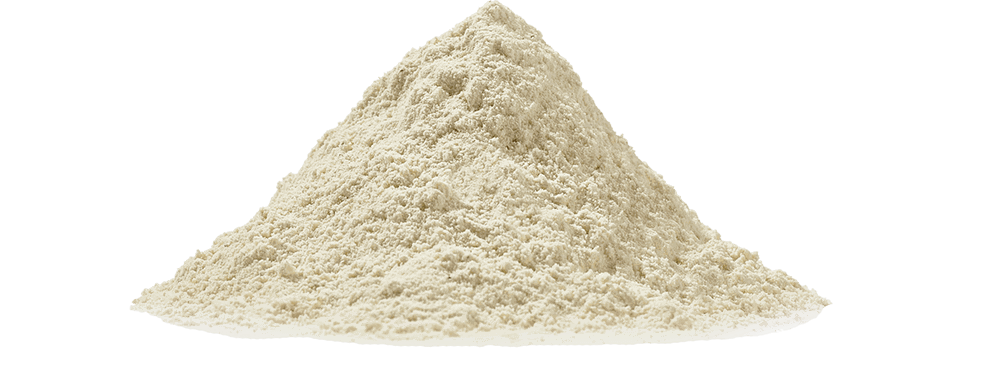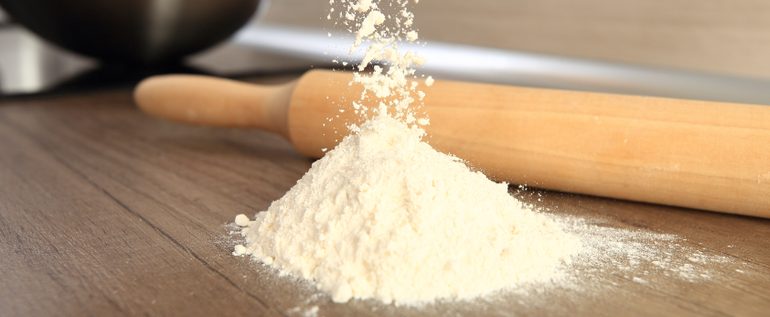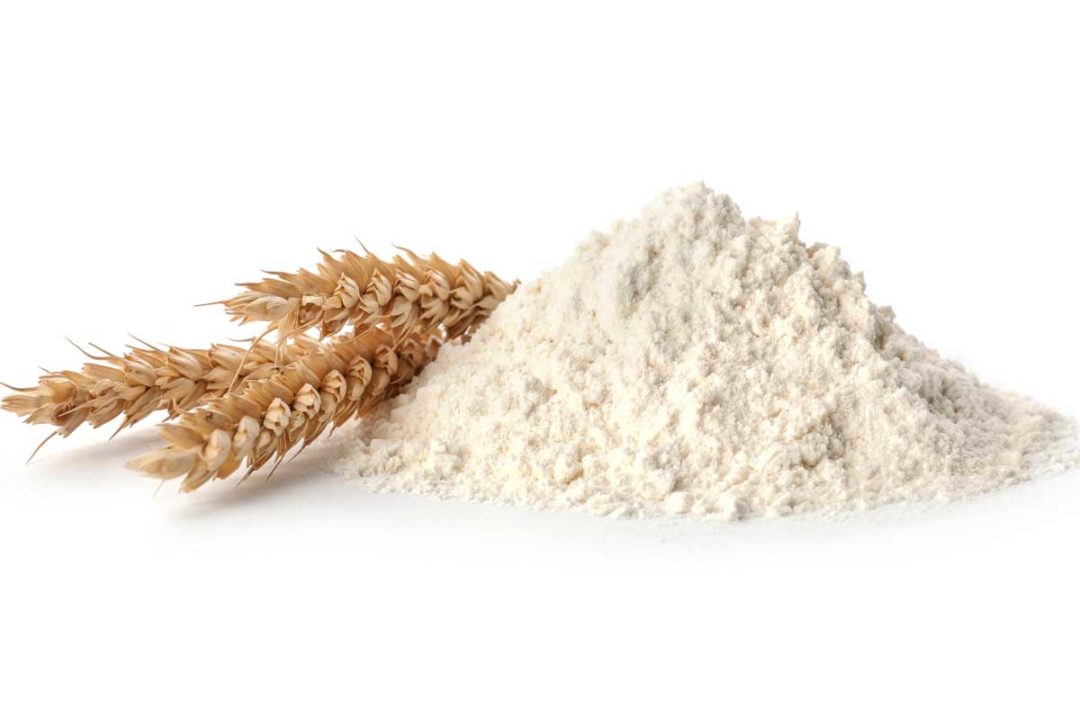Flour dictates our modern lives. From fried chicken to bread, flour is omnipresent in our lives, just as cats. But it’s unlikely for your cat, being such a picky eater to nip the bag of flour just to eat it. Cats are curious creatures; they like to reveal all the mysteries they can get their hands on. In the world of cats and us, where we always are looking for common ground, the question “can cats eat flour” or more appropriately “can cats eat flour-based foods” wanders around.
Yes, cats can eat flour-based foods without harming themselves, but the enigma is how much and how often before serious serious self-harm. Being an owner of a lovely cat, you can’t help but wonder about the splendid flour-made treats you could serve them, but don’t indulge yourself in treating them with bread and lasagna just now without taking account of the following aspects.
1. Can You Feed Your Cat Flour:
Yes, you can. Despite them being carnivores, cats can handle a small amount of flour very efficiently. Flour is not as harmful as some of the foods that we love to feed them including milk and garlic. Carnivores rely on protein and fat to sustain their livelihood, but carbohydrates present in flour should do nothing more than not provide them with any nutritional benefits. This is true only if you are careful enough to not feed them more than they can take.
But, no one treats their cat with raw flour. Bread containing raisin and garlic, pizza containing cheese, lasagna containing alcohol-based sauces are likely to cause severe damage to the digestive tract and nervous system of your cat. When feeding flour-based foods, always consider checking the ingredients and getting rid of the harmful ones beforehand. And, don’t ever feed flour dough.
2. What’s Wrong with Raw Dough?

Cats are obligated carnivores, which means their digestion system is proficient to digest protein and fat. Feeding them carbohydrate-rich food like flour regularly can develop feline diabetes, which can prove to be fatal.
But whatever you do, don’t feed them raw dough, not even in a small amount, even if they beg for it. raw flour dough with active yeast can bloat their stomach to promote health issues and loss of appetite.
Moreover, active yeast in raw dough produces ethyl alcohol and carbon dioxide which can induce serious alcohol intoxication and cause respiratory and neuro issues. In severe cases, surgery may be required to fix your beloved kitty up. Contact your vet immediately if yeast ingestion or alcohol intoxication is suspected.
3. Should I Feed Fried Food to My Cat:
Following the invention of it, it has been very hard to spot someone who doesn’t crave fried chicken once in a while. The umami of fried chicken and the saltiness of the flour batter makes us go wild, it’s the same with the cats. As unhealthy as it is for us, it’s more so in cats.
You can feed your cat fried foods occasionally, but always remember to discard the batter, the skin, and the bones before feeding. While the flour itself isn’t much of a hazard for your cat, the substandard oil employed to deep fry the foods in outlets, are.
Having excessive salt in fried foods is another added risk. The abundance of salt, which can make your cat fall ill, is what makes them so addictive.
If your cat is still in infancy, avoid treating the kitten with anything related to carbohydrates and flour.
It’s not advised or recommended to feed fried foods to your cat even if you leave out the skin, bone, and flour. But it’s not absolutely forbidden to attend them with fried chicken now and then. Just don’t make those a staple food for your cat.
4. Which Foods Your Cat Can’t Eat?

Let’s look at some foods and ingredients your cat can’t digest and shouldn’t be fed:
- Raw Dough: Just as we discussed, raw dough is pretty harmful to your pet.
- Raw eggs, raw meat, and bones: Domestic cats have diverged from their family tree a long ago. While feral cats still rely on raw diets, your cat is most used to digest cooked food.
- Sweets and drinks: Cats can’t taste the sweetness and there’s good reason for it. Sweet drinks and foods don’t contain anything nutritious for them.
- Dairy Products: Cats are lactose intolerant, they shouldn’t be fed anything dairy-related.
- Raisins and grapes: Steamed green veggies once in a while are good for your cats, but never fruits.
- Onion and Garlic: While a small amount of onion may not hurt your cat, but a humble amount of garlic can do.
- Alcohol: No animal should be subjected to alcohol. Alcohol intoxication in cats is not like us, it’s poisonous for them. Alcohol takes a serious toll on their nervous system and can be fatal if left unchecked.
5. What Kind of Flour can Your Cat Eat?
Regular anything made of flour shouldn’t be harmful to your cat as long as you don’t cater them with the harmful ingredients mentioned earlier. A very minuscule percentage of cats develop grain allergies, which can cause some symptoms to appear. If your cat has felt discomfort after eating anything related to grains(like flour), you shouldn’t carry on feeding them before checking up with a professional.
In rare cases of grain allergies, your cat might show symptoms like scratching, irritations, yeast infection, and lethargy.
The Bottom Line:
Your cat shouldn’t have flour in his daily diet at all. However, having an occasional friendly conversation with your cat over a small piece of bread is not gonna hurt your rapport with them. How your cat is gonna take their first bite of floury food is all up to them, but if you want to make sure, schedule an appointment with your veterinarian for a check-up. Don’t change your cat’s diet without discussing it with your vet. Your best bet is certified cat food from a trusted manufacturer.
Try to avoid dry foods and don’t make the mistake of feeding your cat raw dough. They won’t forget.
